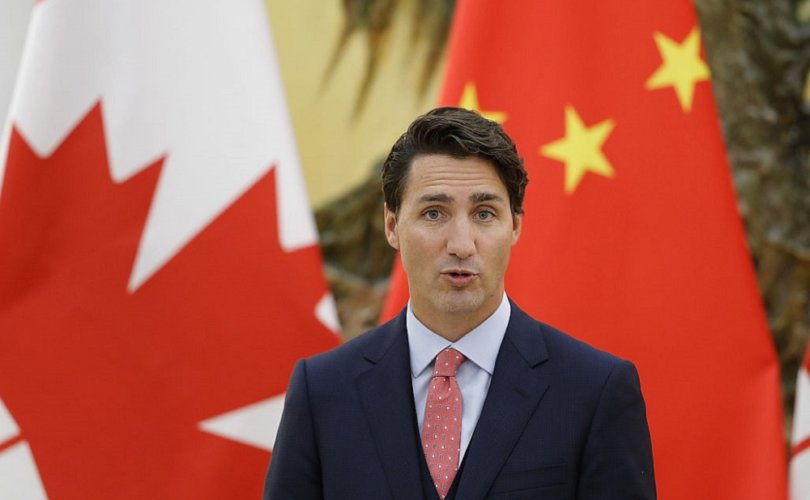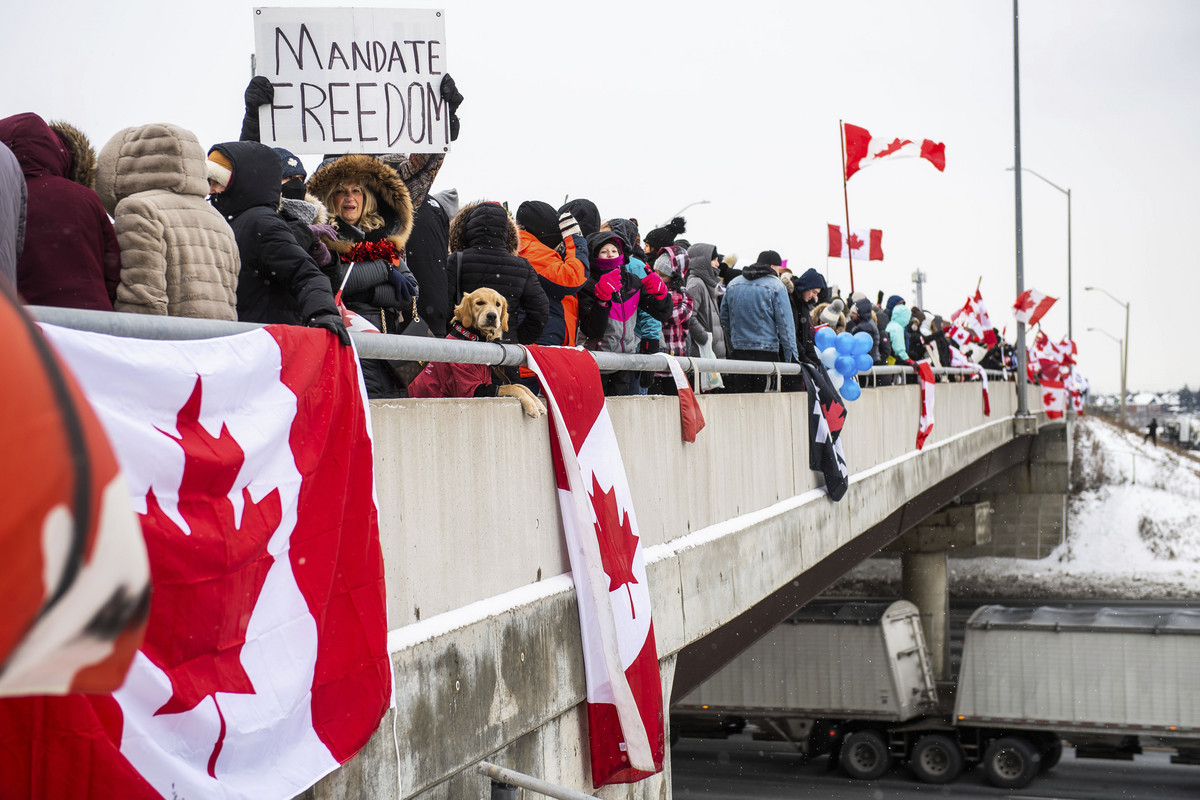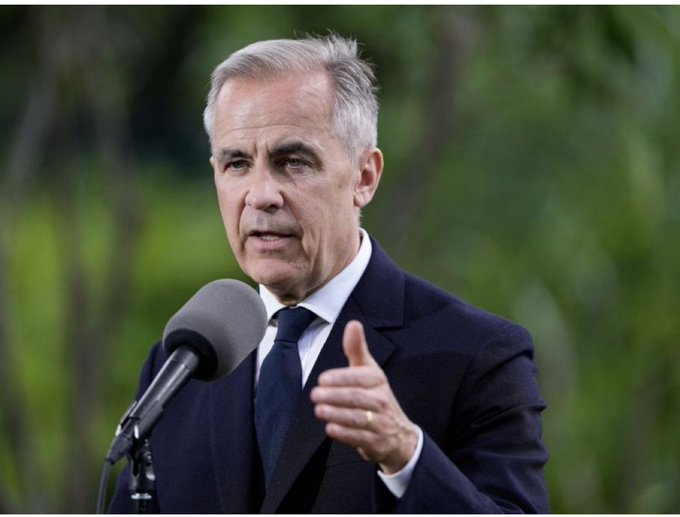Well, it seems like Canada’s Office of Elections Commissioner is doing a fantastic job at dismissing tips and closing files when it comes to potential foreign election interference. Who needs thorough investigations and prosecutions anyway? The challenges they face are clearly insurmountable, and we should just accept that foreign agents meddling in our elections is the new norm. I mean, why bother protecting the integrity of our democratic processes when we can simply brush it off and hope for the best? Perhaps we should start taking bets on which country will be our favorite to interfere with next! After all, who needs a fair and transparent electoral system when we can have a thrilling game of foreign interference roulette? Good luck, Canada!
Foreign election interference has become a growing concern in Canada, with citizens expressing worries about the integrity of their democratic processes. Recent data reveals that numerous tips reporting potential foreign interference were dismissed by Canada’s Office of Elections Commissioner Caroline Simard. This article explores the challenges faced in investigating such cases and the need for effective measures to combat foreign election meddling.
Challenges in Investigating Foreign Election Interference
- Dismissal of Tips Based on Difficulty of Investigation
During the last two federal elections, 116 tips regarding potential foreign election interference were outright dismissed by Caroline Simard’s office. An internal briefing note highlighted the reasons for these dismissals, citing the difficulty of conducting investigations into foreign components. Such investigations often involve delays, complexities, and challenges due to the need to acquire evidence located outside Canada. In cases where cooperation agreements with other countries are lacking, obtaining evidence may even be impossible.
- Limited Investigative Resources and Time Constraints
Investigating allegations of election interference demands a significant amount of time and resources. The Commissioner’s office faces limitations in terms of both personnel and funds, making it challenging to thoroughly investigate every complaint. With a finite capacity, prioritizing cases that show the highest likelihood of evidence and impact becomes necessary.
- Undercovering Election Fraud Committed by Foreign Agents
The briefing note emphasized the difficulty of uncovering election fraud committed by foreign agents. Their covert activities pose additional challenges, requiring specialized investigative techniques and cooperation from international entities. Effectively identifying and attributing foreign interference to specific individuals or organizations is a complex task.
The Need for Stronger Measures
- Transparent Disclosure of Complaints and Investigation Outcomes
To build public trust and ensure accountability, it is crucial for the Office of Elections Commissioner to provide transparent disclosure of the total number of complaints received, investigated, and dismissed. Such openness fosters confidence in the electoral process and addresses concerns related to potential cover-ups or negligence.
- Enforcement of the Canada Elections Act
The Canada Elections Act prohibits foreign agents from engaging in activities aimed at partisan influence or unduly influencing electors. It is imperative that the Elections Commissioner actively prosecutes cases of foreign interference to send a strong message that such actions will not be tolerated. Strict enforcement will act as a deterrent and safeguard the integrity of Canadian elections.
- Combatting CCP Influence and Mandating Disclosure
Given recent instances of election meddling by agents of the Communist Chinese Party (CCP), urgent steps must be taken to counter their influence. Professors and experts have called for increased transparency in the interactions between Canadian universities and Chinese companies. Mandating full disclosure of partnerships and collaborations will shed light on potential avenues for foreign interference and help safeguard academic freedom and national security.
- Launching an Independent Public Inquiry
In light of the gravity of foreign election interference, demands for a comprehensive public inquiry have been raised. An independent investigation, free from potential conflicts of interest, can thoroughly examine the extent and impact of foreign meddling, identify vulnerabilities, and propose robust countermeasures. This inquiry should involve the active participation of experts, government officials, and representatives from opposition parties.










